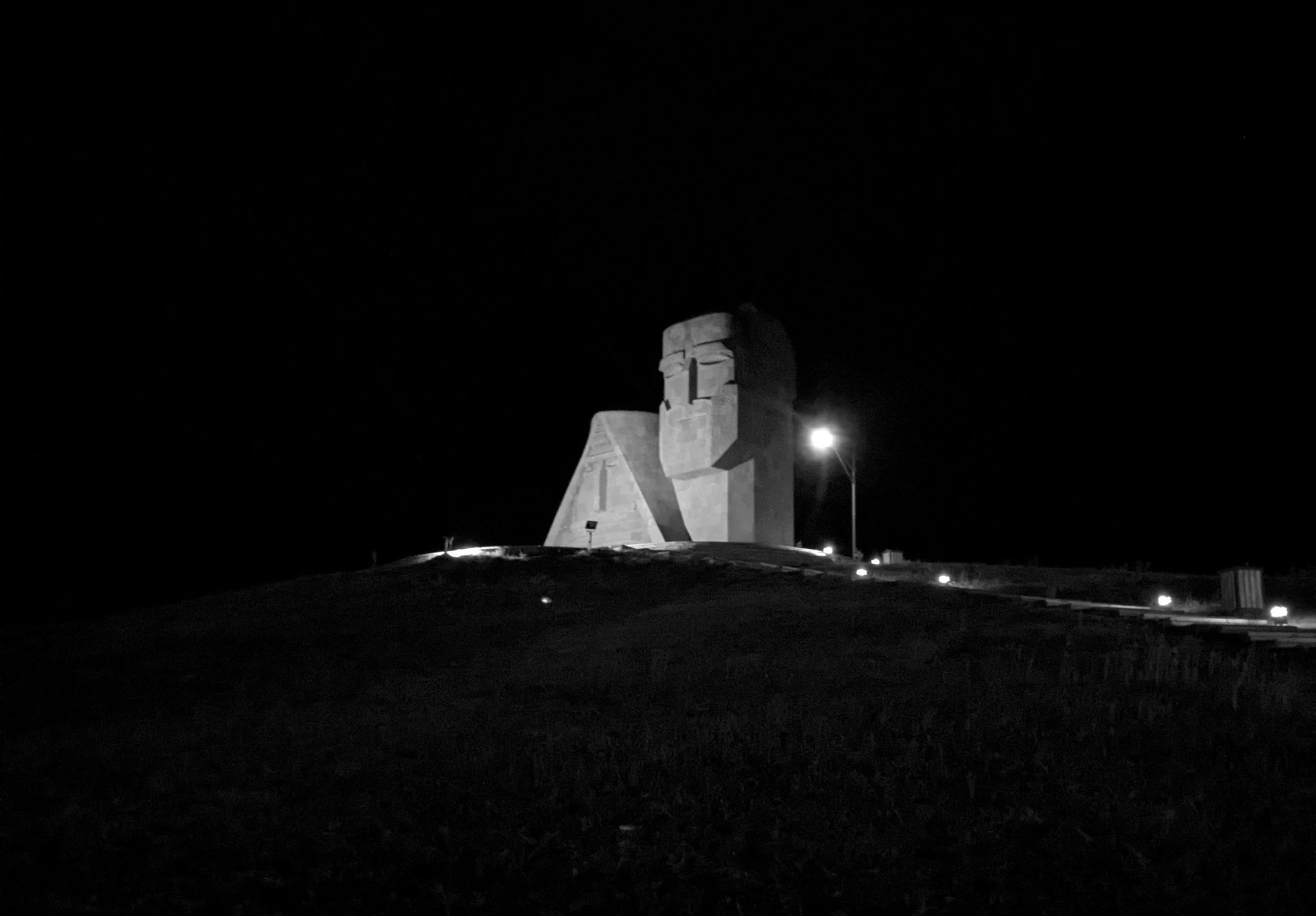New study sheds light on humanitarian crisis in Karabakh
Hub Artsakh Press
« Originally published by Civil Net, written by Angela Hassassian on the 17/09/2021»
The region of Artsakh, also known as Nagorno Karabakh, is facing an alarming humanitarian crisis as a result of an eight-month-long blockade imposed by Azerbaijan. The closure of the vital Lachin corridor, the only land route connecting Nagorno Karabakh to Armenia and to the rest of the world, has led to severe shortages of food, medicine, and essential goods.
120,000 people in Nagorno Karabakh are left isolated and in a state of increasing desperation. A recent Rapid Needs Assessment survey conducted by Hub Artsakh provides hard data to substantiate the anecdotal evidence of the dire consequences faced by the region’s population.
Hub Artsakh is a non-profit organization with a mission to promote social impact projects and enterprises which propel the post-war recovery and positive development of the region.
FINDINGS
The survey’s findings echo a distressing reality in the region. Only 5% of respondents reported sufficient food availability for their households in the past week. Sufficient food, in this case, signifies access to food that meets basic dietary needs. A staggering 95% of households experienced either partially sufficient or insufficient food, indicating widespread scarcity.
The closure of the Lachin corridor has led to limited market access, creating a vacuum that threatens the region’s food security. The shortage of fuel means any available resources, such as fruits and vegetables from gardens, don’t reach where they need to. The blockade’s impact reverberates throughout households, forcing 68% of them to reduce their meal frequency, and 51% to rely on less preferred and cheaper food options.
With a substantial 62% of respondents purchasing food with cash, it becomes evident that a considerable portion of households still possess a degree of purchasing power. These numbers collectively underscore that the root cause of the insufficient food consumption crisis lies not in the inability to purchase, but rather in the alarming scarcity of available food; a direct consequence of the illegal blockade.
“When the shops are supplied with food, people stand in long queues, and not everyone manages to buy food, as it finishes quickly,” one respondent commented.
The study results reiterate warnings made by the founding prosecutor of the International Criminal Court Luis Moreno Ocampo in a report published earlier last week, where Ocampo classified the situation in the region as genocide.
“You will find no crematoria in Artsakh, nor machetes, but genocide by starvation is no less devastating for being silent,” Ocampo said.
The survey revealed the grim reality of household food stocks as well. A significant majority—59%—reported not having any staple food stock, while 36% did have such stocks, often forecasted to last a mere three weeks.
The blockade’s effects are not limited to food or access to medical services and essential goods, with many leaving comments regarding the effects on the state of their mental health.
One respondent wrote, “My nerves are too fragile to be standing in long queues, without even being sure that I will eventually manage to buy food. It is better to eat less than to stand in these long queues.”
Despite the looming threat of famine, 67% of households express concern over the security situation as their main concern, taking priority and far outweighing concerns over the shortage of food or medicine.
In fact, the population remains steadfastly united in their stance against integration into Azerbaijan with an overwhelming 98.8% expressing staunch opposition. 93.5% of respondents are willing to accept humanitarian assistance if it comes through the Lachin Corridor, sent from Armenia or from international actors that have an “amicable attitude to Armenians in Nagorno Karabakh.”
RECOMMENDATIONS
In light of these dire findings, the study puts forward several urgent recommendations.
First and foremost, international aid organizations must mobilize to deliver essential humanitarian aid, including food and medicine, extending swift support to alleviate the suffering of the affected population. This recommendation also calls for regular monitoring of the situation to ensure that effective and immediate action is taken to meet the needs of the people.
Secondly, the organization urges collaborative efforts among regional and international partners, in order to establish security measures, ensuring the safety of both residents and aid workers. This also suggests the facilitation of meaningful dialogue and negotiations to address the underlying causes of the blockade, seeking peaceful and diplomatic solutions to this crisis.
Finally, international organizations and allies are asked to exert diplomatic pressure and advocate for the immediate opening of the Lachin corridor. This step is vital for enabling international organizations to deliver essential humanitarian aid to the region.
METHODOLOGY
The study was conducted between July 30 and August 3, 2023, and adopted a robust methodology to capture an accurate representation of the prevailing conditions. The study employed face-to-face interviews with 418 households in four key locations in Karabakh: Stepanakert, Martuni, Martakert, and Askeran. The interviews were conducted through a semi-structured questionnaire, ensuring a national representative sampling with a 95% confidence interval and factors in a 5% margin of error. The survey’s demographics portrayed a snapshot of the population, with varying education levels, household sizes, and age distributions.
The findings of this Rapid Needs Assessment serve to convey the urgency of the situation, which demands collective efforts to break the blockade and alleviate the suffering of the population.
The data has been published ahead of the recent convening of an emergency meeting of the UN Security Council, with the hope that its findings will assist representatives of the UN Security Council to make informed decisions that could potentially avert an even greater catastrophe.
The sentiment is that the fate of Nagorno Karabakh’s population hangs in the balance, pointing to a level of urgency that cannot be ignored.

Are you searching for a job, or need legal advice? Call our hotline!
Feel free to reach out to us, and our dedicated specialists will be at your service.
